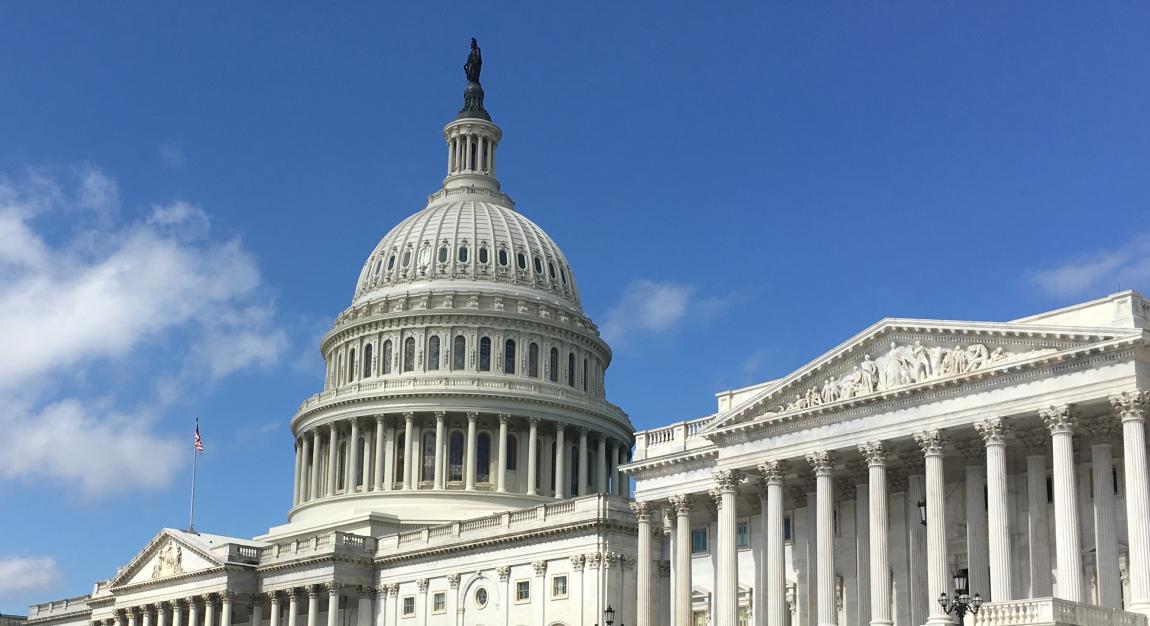- In 2024, STS made significant progress in advocating for a number of policies that improve cardiothoracic surgery and patient care.
- 178 Representatives co-sponsored a new bill that would establish automatic inflation updates to physician payments.
- STS provided substantial input on the proposed National Coverage Determination (NCD) for Transcatheter Tricuspid Valve Replacement (TTVR).
- The Society launched the Mobile Lung Cancer Screening Initiative to increase access to essential screenings, particularly in underserved and rural communities.
- By successfully advocating for the passage of the HEARTS Act, STS aimed to promote access to and training for Automated External Defibrillators (AEDs) in schools.
STS is proud to share key advocacy achievements from 2024 that have advanced the field of cardiothoracic surgery and improved patient care. These successes reflect the dedication and collaboration of our members, leaders, and staff in influencing critical policy decisions and advocating for the profession.
Building Momentum for Medicare Payment Reform
A total of 178 Representatives cosponsored new federal legislation aimed at establishing automatic inflation updates for physician payments in Medicare, addressing a long-standing gap in the system. Additionally, the Senate launched a bipartisan task force focused on Medicare payment reform. This growing bipartisan support underscores the urgent need to modernize the Medicare payment system to better support physicians and patients
Launching the Mobile Lung Cancer Screening Initiative
STS launched the Mobile Lung Cancer Screening Initiative to expand access to life-saving lung cancer screenings, particularly in rural and underserved communities. Key accomplishments to-date:
- Developed an online toolkit to help establish new screening programs
- Collaborated with the White House Cancer Moonshot Initiative to align priorities and strategies
- Introduced new legislation to fund the rapid expansion of mobile screening units nationwide
- Advanced report language urging the Health Resources and Services Administration (HRSA) to prioritize mobile lung cancer screening programs
Shaping CMS Policy on TTVR
STS provided significant input to CMS on the proposed National Coverage Determination (NCD) for Transcatheter Tricuspid Valve Replacement (TTVR). While not all our recommendations were adopted, CMS affirmed the critical role of cardiothoracic surgeons as essential members of the heart team.
Engaging Regulators on Critical Issues
STS held five meetings with government regulators to discuss the value of the STS National Database, the advancement of value-based care models, coverage for emerging cardiac devices, and the expansion of patient access to lung cancer screenings.
Advancing Longitudinal Data
STS reintroduced federal legislation to improve access to longitudinal data within the STS National Database. This initiative aims to empower researchers to drive innovations in cardiothoracic care by facilitating comprehensive, long-term data analysis to improve patient outcomes.
New Law Promotes AED Use in Schools
STS successfully advocated for the HEARTS Act, a new federal law that will expand access to and training for Automated External Defibrillators (AEDs) in schools across the country.
STS-PAC Impact on Federal Elections
In 2024, 336 STS members contributed $216,500, a significant increase in contributions from 2023. Over 95% of STS-supported candidates won their elections, including four new physician Representatives, setting STS up for success in the new Congress.
Boosting Member Advocacy Engagement
13% of STS members participated in at least one advocacy action in 2024, demonstrating robust engagement. STS launched a new advocacy toolkit to empower members further, providing resources to amplify their impact and elevate their voices on key issues.
Driving Congressional Engagement
STS held hundreds of meetings with congressional offices to advance critical priorities, including convening the Advocacy Leadership Summit in May, where more than a dozen STS leaders engaged directly with policymakers.
